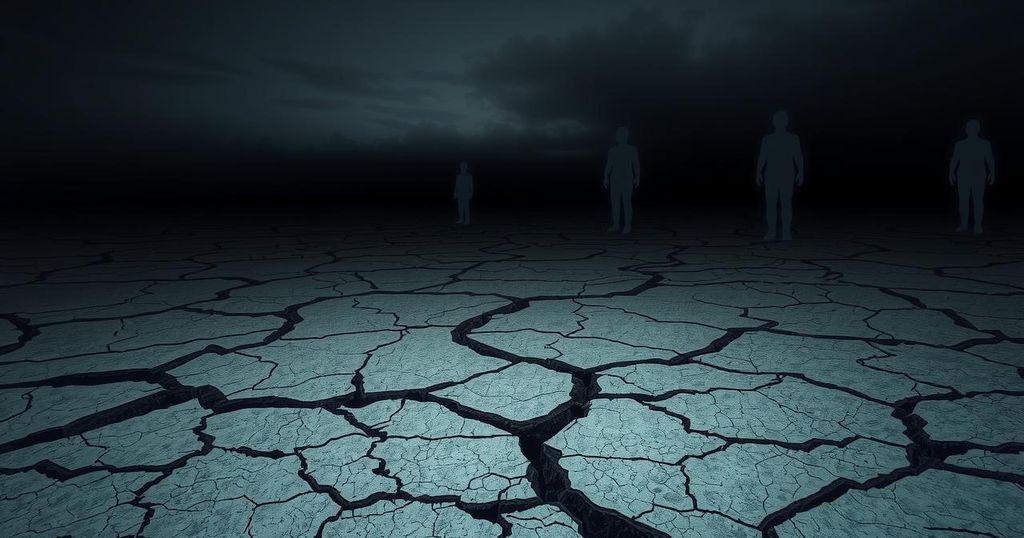Kenya’s Abductions Trigger Alarming Echoes of Historical Repression

In Kenya, the past six months have seen more than 80 critics of the government disappear, prompting public outcry and legal action against security officials. A judge has demanded accountability for these alleged abductions, which echo the country’s dark history. Families continue to search for their loved ones amid government denials and fear of reprisal, raising significant concerns over human rights and freedom of expression.
In Kenya, over 80 government critics have reportedly disappeared in the last six months, inciting considerable public uproar. A judge has threatened imprisonment for high-ranking security officials if they do not appear to explain these abductions. This situation is linked to protests against proposed tax increases that started in June, during which at least 24 individuals remain unaccounted for.
While the police and government deny involvement in any abductions, the nation’s history of state-sponsored disappearances raises significant fears among citizens. Some families of the missing are desperate, fearing a dark return to the country’s past, where such incidents were commonplace. Affected families continue to search for their loved ones amid rising tensions.
The Inspector General of Police, Douglas Kanja, along with Directorate of Criminal Investigations Director, Mohamed Amin, has been ordered to present in court seven social media influencers who were reported missing in December. Five of these influencers resurfaced in early January, but their lawyers requested additional time for investigations. Reports indicate these influencers faced intimidation upon their return, highlighting ongoing concerns about freedom of expression.
Billy Mwangi, who was abducted and recently found, experienced trauma upon his release, illustrating the psychological toll of these abductions. Witnesses described the incident where Billy was forcibly taken by armed men, leading to intense distress for his family. Additionally, other victims like brothers Jamil and Aslam Longton, confirmed a pattern of intimidation and secrecy surrounding their detention, with governmental denials adding to the complexity of the situation.
Government officials have attempted to dismiss allegations of state involvement. Isaac Mwaura, a government spokesman, suggested that organized crime could play a role in the abductions, distancing the government from accusations. Despite assurances from President William Ruto to address public concerns over these incidents, the frequency of disappearances echoes strategies used during the authoritarian regime of Daniel arap Moi.
While reports of abductions have decreased, the lack of accountability—no arrests or convictions—has left families of the missing in despair. Advocacy groups have called for international intervention regarding these cases, indicating widespread concern for human rights in Kenya. As relatives like Stacey Mutua continue to suffer the absence of loved ones, the societal impact of these disappearances remains profound and troubling.
The article discusses the alarming trend of abductions in Kenya, particularly focusing on the disappearance of critics of the government. This issue has seemingly resurfaced alongside public protests against tax increases, evoking fears reminiscent of the past turbulent political climate. The involvement of law enforcement officials and the historical context of state-sponsored disappearances provide important background to the current crisis, underlining the ongoing struggle for human rights and accountability in the country.
The situation in Kenya concerning the recent abductions of government critics reflects a deepening crisis in human rights and public safety. Despite efforts from affected families and advocacy groups to demand accountability, the lack of substantial action from authorities raises concerns about a resurgence of government-sanctioned intimidation. The ongoing fears and trauma experienced by victims and their families poignantly highlight the precarious state of civil liberties in Kenya today.
Original Source: www.bbc.com







